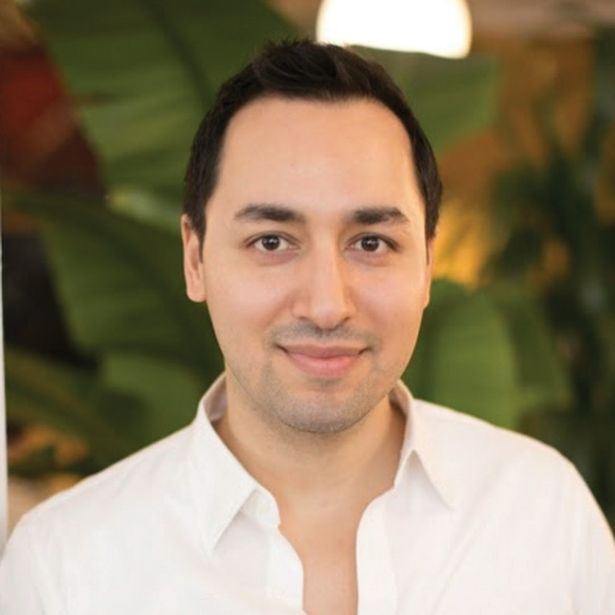
Ashkán Zandieh.
Ashkán Zandieh
Founder and managing director at Center for Real Estate Technology & Innovation

Ashkán Zandieh in a few years has become the go-to guy when it comes to the health and prognosis — good or bad — of the entire proptech industry.
Reached on a recent September morning in his Dallas office, Zandieh explained that he was doing his “due diligence” regarding industry firms. “I’m looking at proptech startups and their funding decks, and researching companies and researching some of their financial sponsors,” he said.
The due diligence is on behalf of the proptech industry as a whole and of the members of his Center for Real Estate Technology & Innovation (CRETI), the combination think tank and quasi-incubator he started in 2020 that aims to foster education and connections in the proptech industry.
From that research springs any number of services for CRETI members and the industry as a whole: workshops on how to start and run a business; seminars on raising venture capital; research papers that sometimes find their ways into business plans; media commentary; data, especially on funding — you name it. In fact, it would be difficult to find a less-cited proptech authority than CRETI in the media or the industry itself.
“Our whole mission is to support the health and wealth of the proptech ecosystem,” Zandieh said.
To that end, too, CRETI launched Venture Connect in mid-September. It involves connecting startups thirsty for capital with some of the heaviest investment hitters in the industry — including Alpaca VC, Era Ventures, Fifth Wall, JLL Spark, Navitas Capital and Nuveen, all of which happen to be CRETI members.
The group also this year rolled out what Zandieh described as councils on various aspects that proptech brushes up against: the futures of cities and venture capital, for instance, and climate. The idea is to provide forward-looking overviews and opinions to busy CRETI members.
“It’s hard to think about the future when the present is so demanding,” he said.



